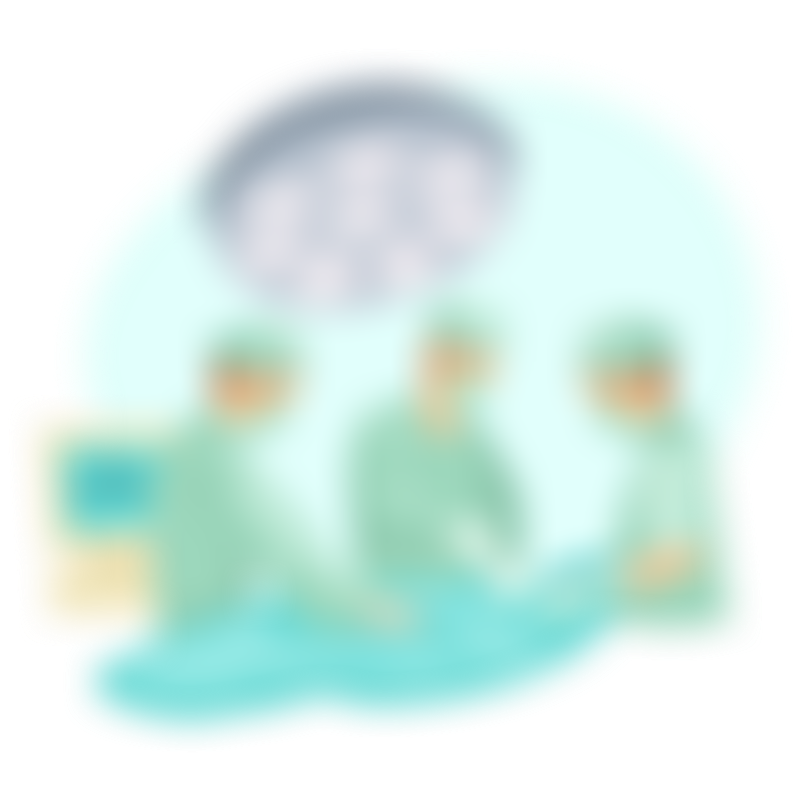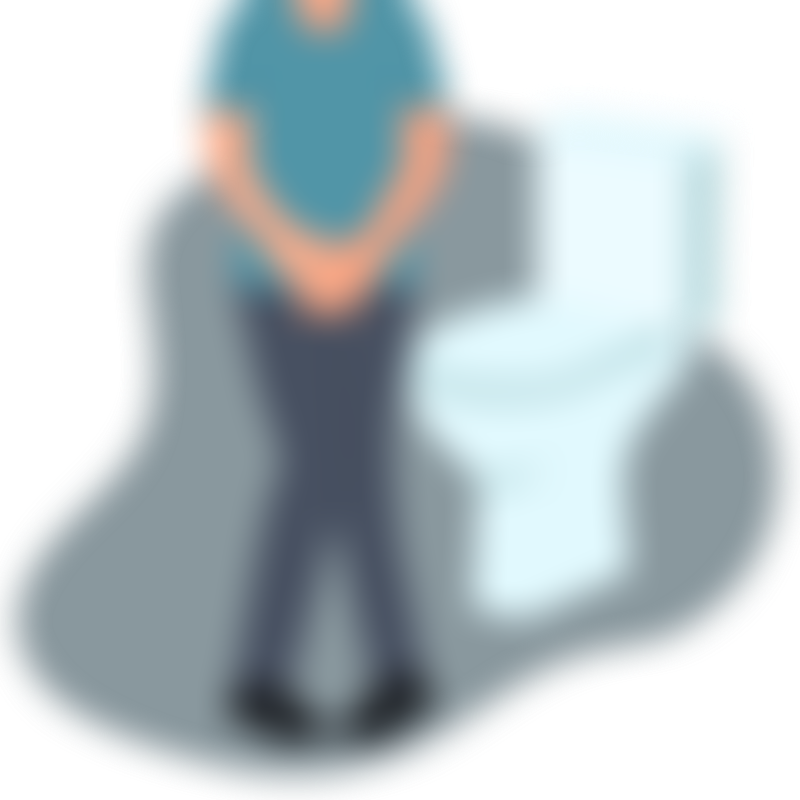

Hi. I’m Harold, a retired automotive mechanic. In May 2019, I was diagnosed with stage 1 prostate cancer after taking a PSA test. I had a prostatectomy and lymphadenectomy, and am currently in remission. My nephew and brother also had prostate cancer. My nephew had a great outcome, but unfortunately, my brother didn’t find out soon enough and he passed away two years ago (2022).


I was fearful but optimistic because my nephew had been through it ten years before and he had a prostatectomy, and he is cancer free.

I had two biopsies, and the second one showed the cancer was growing. I then had an MRI, and my urologist recommended surgery before the cancer spread outside of my prostate. I underwent a radical prostatectomy (removal of the entire prostate) and lymphadenectomy (removal of lymph nodes). Thankfully, we have universal healthcare here in Canada, so that financed my treatment.
I decided on the treatments based on advice from family and friends, as well as my doctor’s recommendation. My nephew had been through this previously and had a great outcome. I also trust my urologist, he had a lot more experience with this than I did.
After deciding on the treatment plan, I felt optimistic. My nephew had been through this several years earlier and he was very happy with his outcome.
I am currently in remission and was declared cancer-free in April 2024.

The only side effect I experienced is ED (erectile dysfunction). I am ok with it, I think it’s a small price for being cancer free and healthy.

My nutrition/diet changed the most after my cancer treatment. Now, I try to eat less than before and I try to eat healthier food.
I continued to work after my diagnosis as I had my own business so I had to work. I am retired now so I’ll just do what I want to. My wife and I are planning to do some traveling and I am going to go on some fishing trips.

I joined some online support groups so I could have an idea of what other people were going through and how they were dealing with things.

I had no idea just how unpleasant it is to have a catheter for several weeks after my surgery. It was also not too nice to have no bladder control for weeks after the catheter was removed.

The most challenging aspect of being a cancer survivor was the fear of cancer recurrence. At first, I was wondering if it would come back. After four years of my PSA being undetectable, I don’t worry about it anymore. Life carries on, don’t dwell on the bad things that happened, look forward to better things.

There is always the fear that something was missed and the cancer would spread. However, after talking with my doctor and seeing my numbers remain undetectable, the fear went away on its own.

I feel normal and fine now. I had my prostate removed in 2020 and my PSA has been undetectable ever since.

I’d recommend others to listen to the specialist. He has a lot more experience than you. If you don’t trust him, get a different doctor. I think it’s very important that you have trust in your doctor.
Try to stay positive, the doctor really does know what they are doing. Treatments are constantly improving so get treatment rather than ignoring the problem. Chances are, with proper treatment, you will be just fine!
This patient's story is published and shared with their full consent. Any personal data that can be used to identify the patient has been omitted.
Click here for more information.